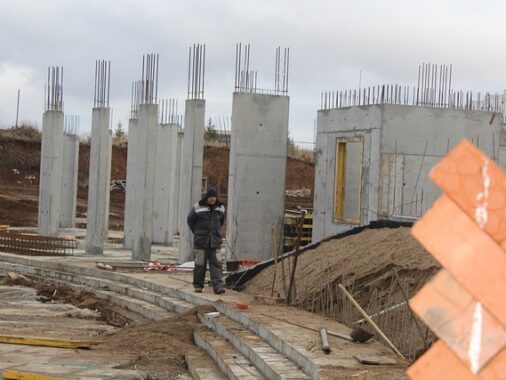What is Road Base Material and Why Is Proper Calculation Essential?
Road base material forms the foundation of any durable road, driveway, or pathway construction project. This carefully engineered layer typically consists of crushed stone, gravel, and sand mixtures that provide stability, proper drainage, and load-bearing capacity. Calculating the exact amount needed is crucial for both budget management and project success—ordering too little can cause construction delays while ordering too much wastes money and storage space.
Types of Road Base Materials: Choosing the Right Foundation
Not all road base materials perform equally. The most common types include:
- Class 2 Road Base: A well-graded mixture of sand, gravel, and clay that compacts well for general use
- Decomposed Granite: Naturally weathered rock that creates a stable, permeable surface
- Crushed Stone Base: Angular stones that interlock when compacted for superior stability
- Recycled Asphalt/Concrete
Each material has different density characteristics, which our calculator accounts for in its estimations.
How to Use Our Road Base Calculator: A Step-by-Step Guide
Our comprehensive calculator simplifies your material estimation process:
- Enter Project Dimensions: Input length, width, and depth using any measurement unit
- Select Material Type: Choose from pre-set densities or input custom values
- Adjust for Compression: Account for compaction (typically 20-30% for most materials)
- Input Pricing: Get accurate cost estimates based on local material prices
Key Factors That Affect Your Road Base Calculations
Several variables influence your actual material requirements:
- Soil Conditions: Soft or unstable subgrades may require additional base material
- Climate Considerations
- Traffic Load: Heavier vehicles require thicker, more substantial base materials
- Drainage Requirements
- Material Moisture Content
Professional Tips for Road Base Installation
After calculating your material needs, proper installation ensures longevity:
- Always prepare the subgrade by removing vegetation and organic matter
- Install geotextile fabric on problematic soils to prevent mixing
- Spread materials in thin layers (6-8 inches) for proper compaction
- Use appropriate compaction equipment based on material type
- Maintain proper moisture content during compaction for optimal density
- Allow for slight overage (5-10%) to account for settling and compaction variances
Frequently Asked Questions About Road Base Calculation
How much does road base material cost per ton?
Prices typically range from $15 to $40 per ton, depending on material type, geographic location, quantity purchased, and delivery distance. Recycled materials often cost 20-30% less than virgin materials.
How deep should my road base be?
For residential driveways, 4-6 inches is typically sufficient. For roads with heavier traffic, 8-12 inches is recommended. Always consult local building codes for specific requirements.
What’s the difference between road base and gravel?
While both consist of crushed rock, road base has specific size gradations and often contains fines (sand and clay particles) that help it compact into a solid, stable surface. Regular gravel lacks these fines and doesn’t compact as effectively.
How do I calculate how much road base I need?
Use our calculator above by multiplying length × width × depth to find volume, then multiply by material density. Don’t forget to add extra for compaction (typically 20-30%).
Conclusion: Build With Confidence Using Accurate Calculations
Proper road base calculation forms the foundation of any successful construction project. Our comprehensive calculator and guide provide you with professional-grade estimation tools previously available only to contractors. By accurately estimating your material needs, you’ll save time, money, and ensure your project’s longevity. Whether you’re building a simple garden path or a heavy-duty driveway, starting with the right calculations makes all the difference.
Ready to start your project? Use our road base calculator above to get precise estimates, then contact local suppliers with confidence knowing exactly what you need. Don’t forget to save or print your results for reference when speaking with contractors or making purchases.






